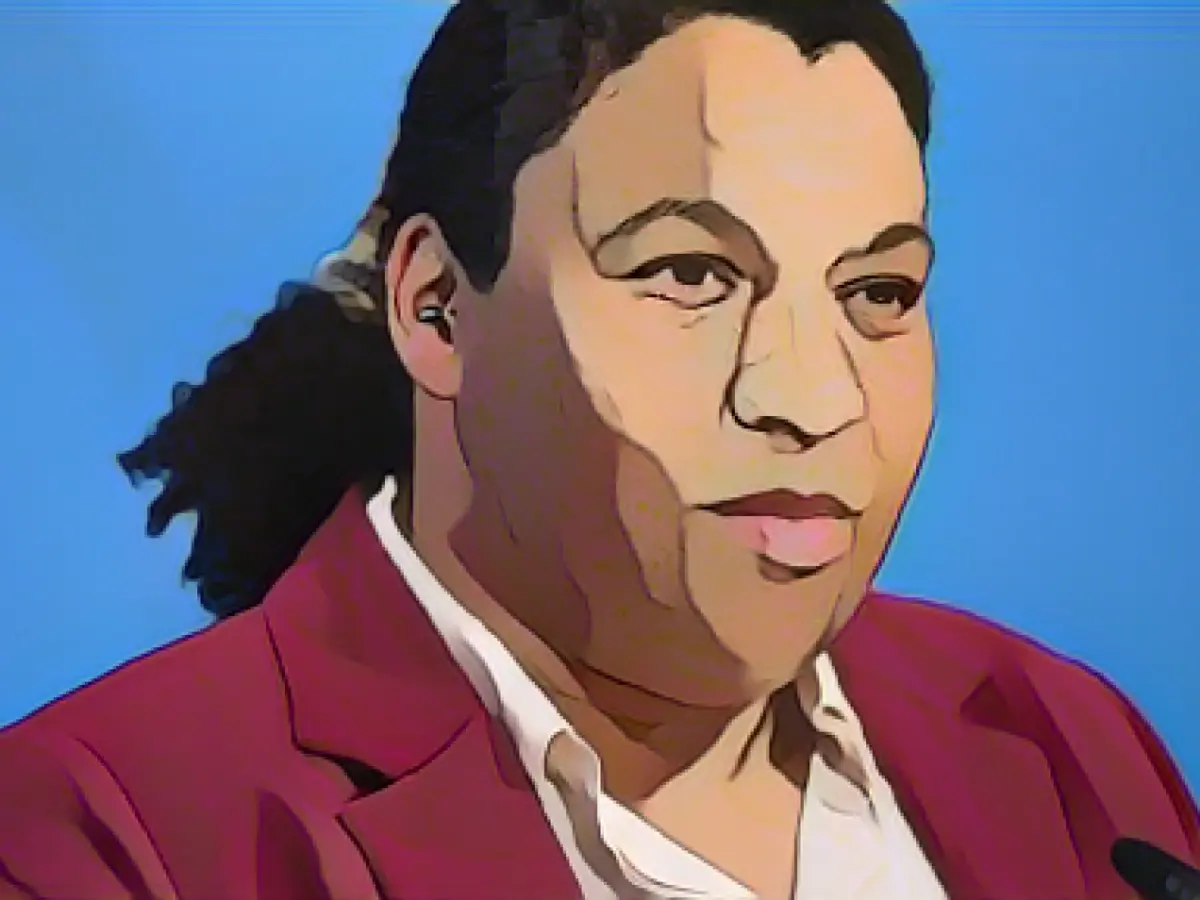New Year's Resolutions for Refugee Integration: Justice Minister's Proposal
In the spirit of tackling migration as an ongoing task, Justice Minister Doreen Denstädt (Greens) wants to introduce an integration law for refugees next year. She views both integration and participation as mandatory duties, rather than voluntary services subject to budget cuts.
Since 2017, Thuringia has solely relied on a single, ever-evolving integration concept for refugees. Denstädt believes that this integration and participation law could establish permanent projects such as language courses, interpreting services, and employment assistance for refugees, thereby fortifying their financial base.
Denstädt aims to reach an agreement with local authorities and associations on the key aspects of the law during the new year. However, she anticipates that the legislation might not be passed before the 2024 election cycle.
After confronting challenges in migration policy, Minister Denstädt's department has largely relinquished responsibility for refugee affairs to the Ministry of the Interior. The plans for a state migration office under Denstädt's control fell through, but her ministry will now exclusively tackle the integration of refugees.
Despite accusations of overburdening herself with refugee housing and communication issues from local authorities and the opposition, Denstädt remains unfazed. She asserts that merging official and specialized supervision for refugee reception and accommodation was an astute decision, enabling quicker resolution of structural issues that had arisen following the botched state migration office.
Additional Insights:
During the integration debate, Germnay prioritizes early access to support services, including language instruction and civic orientation, offered by the Federal Office for Migration and Refugees (BAMF). Challenges, such as a large gender gap in employment after migration, necessitate a balanced approach between swift and sustainable integration strategies.
Politically, positioning on asylum and integration is diverse. For instance, Branderburg's interior minister advocates for scrapping the individual right to asylum from the German constitution, while the minister-president backs border re-turns. Crises such as housing and infrastructure shortages in municipalities persist, with potential solutions including revising accommodation regulations, expanding municipal infrastructure, and European-level financing support.
In pursuit of establishing an agreed-upon integration and participation law for refugees by the commencement of 2023, Minister Denstädt aims to collaborate with local authorities and associations. The law's implementation may provide permanent institutionalization for existing projects, improving refugees' welfare and easing local governments' burden.








